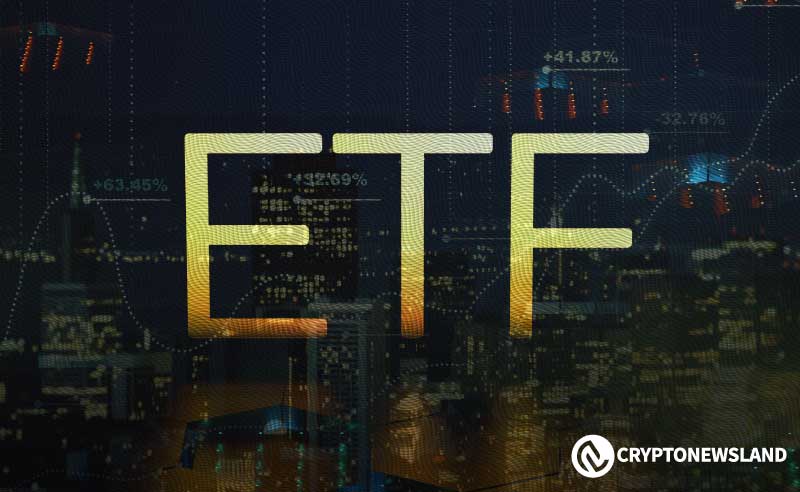- SEC ends Ethereum investigation, confirms ETH as a commodity, easing regulatory pressure on the cryptocurrency.
- Consensys’ legal action highlights ongoing fight for clear crypto regulations despite SEC’s decision on Ethereum.
- Ethereum-based ETFs expected to launch soon, integrating cryptocurrency into mainstream financial markets.
The U.S. Securities and Exchange Commission (SEC) has permanently closed its investigation into Ethereum. The decision comes as a relief to Ethereum developers and industry participants who have been under regulatory scrutiny. The SEC’s closure of the investigation signals that the agency will not pursue enforcement actions against Ethereum 2.0, affirming the classification of ETH as a commodity rather than a security.
Background of the Investigation
The SEC’s investigation into Ethereum had been a point of contention for many in the cryptocurrency community. The probe, initiated in March, included subpoenas issued to multiple companies in an attempt to classify ETH as a security. This classification could have led to strict regulatory measures impacting the Ethereum ecosystem.In response to the investigation, Consensys, blockchain technology firm, took legal action against the SEC in April. The lawsuit argued that the SEC was overreaching in its efforts to regulate the cryptocurrency market, aiming to exert control over its future. Consensys contended that the regulatory approach was detrimental to innovation and the broader blockchain industry.
The June 7 Letter and Its Implications
On June 7 Consensys sent a letter to the SEC requesting of Ethereum-based ETFs, which were predicated on ETH being a commodity, would lead to the closure of the Ethereum 2.0 investigation. The SEC’s subsequent decision to end the investigation is seen as a direct response to this request, providing clarity and relief to the Ethereum community.
The SEC’s decision not to pursue charges against Ethereum has broader implications for the cryptocurrency industry. It eases concerns over the potential classification of ETH as a security, which could have triggered extensive regulatory requirements and compliance challenges. This move is also expected to facilitate the imminent launch of Ethereum-based ETFs, further integrating cryptocurrency into mainstream financial markets.
Continued Regulatory Challenges
Despite this victory, the battle for regulatory clarity is far from over. The company’s ongoing lawsuit seeks a declaration that offering user interface software, such as MetaMask Swaps and Staking, does not violate securities laws. Consensys argues that the lack of clear regulations holds the growth and innovation within the blockchain sector.
